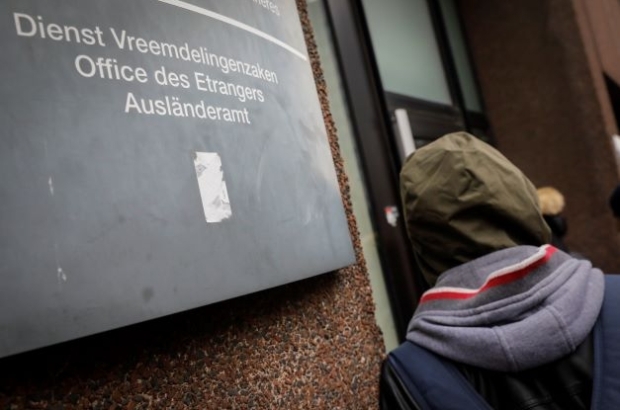- Daily & Weekly newsletters
- Buy & download The Bulletin
- Comment on our articles
Immigration in Belgium at record high, says OECD
More than six million new permanent immigrants, excluding Ukrainian refugees, have been registered in countries of the Organisation for Economic Co-operation and Development in 2022 - a 26% increase compared to the previous year and the highest level of permanent migration since at least 2005.
According to the OECD's newly released International Migration Outlook 2023, 15 out of the 38 OECD countries, including Belgium, registered their highest levels of permanent migration over the past 15 years, “while several countries, such as Canada and the UK, broke absolute records”.
“Permanent migration and asylum applications to OECD countries last year were at their highest levels on record, driven by increases in humanitarian and managed labour migration, along with accompanying family members,” said OECD secretary-general Mathias Cormann.
“Employment rates increased for migrant men and migrant women,” Cormann noted, reaching 72.3%, almost the level of the native-born population, “but migrant mothers continue to face specific challenges. Specific measures would help boost their labour market participation, for example by facilitating early access to childcare services.”
The increased labour migration and immigrant employment rates are linked to labour and skills shortages across OECD countries. Many countries, including Australia, Germany and Spain, are planning significant changes in their labour migration frameworks, the report said.
Belgium welcomed 122,300 new permanent immigrants in 2022. According to OECD statistics, this represents a 9% increase over 2021 and a 7.3% rise on 2019 figures, when the Covid-19 pandemic had not yet weakened the global economy.
Compared with the 37 other OECD member countries, this is the 28th biggest increase since 2021 and the 20th highest rise since 2019.
Asylum applications were also at a record high. More than two million new applications were lodged in OECD countries in 2022, well above the previous record of 1.7 million in 2015 and almost twice the 2021 level. The increase was largely because of the growth in applications in the United States and Europe.
In Belgium, 32,140 dossiers were received in 2022. Compared to 2021, this represents a 64% rise, while the 2019 figure is 39%. This puts the country in 17th and 23rd place respectively in the OECD’s highest increases for those years. Most of Belgium’s asylum seekers were Afghans, Syrians and Burundians.
Admissions on humanitarian grounds, including positive decisions on applications for international protection and arrivals with a view to resettlement, followed the same steep upward trend. In Belgium, these admissions numbered 11,005 in 2022, 10,120 in 2021 and 6,770 in 2019.
This year’s Outlook includes a special focus on challenges faced by immigrant women. Immigrant mothers in particular face a disproportionate disadvantage compared with immigrant women without children and their native-born peers. On average, the gap in employment rates between immigrant and native-born mothers is 20 percentage points.
“The benefits of addressing gender issues in migrant integration are large,” the OECD report added. “Reducing the immigrant gender gap in employment to that of native-born in OECD countries would bring an additional 5.8 million immigrant women into employment.”
Working with more than 100 countries, the OECD is a global policy forum that promotes policies “to preserve individual liberty and improve the economic and social well-being of people around the world”.


















